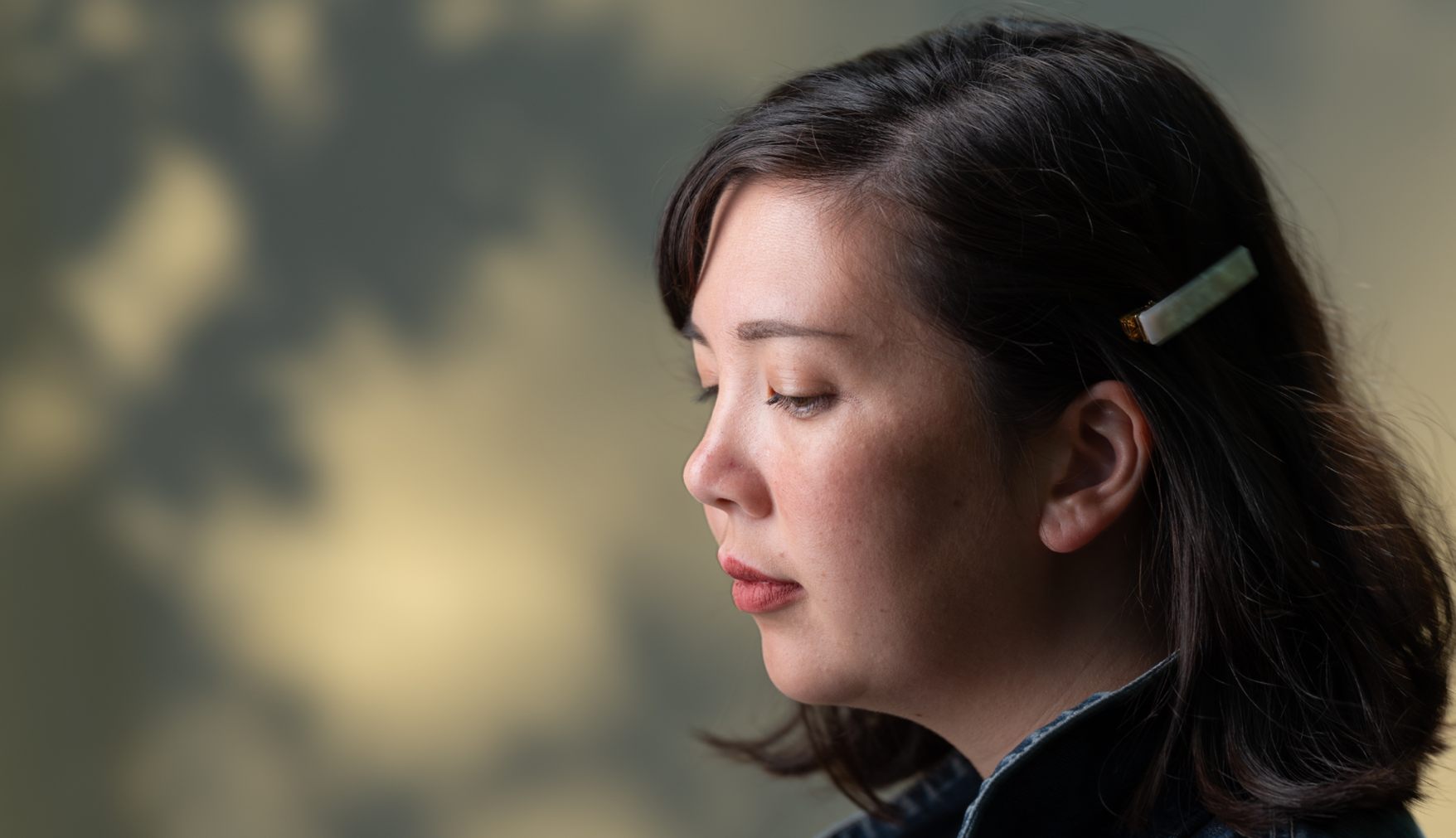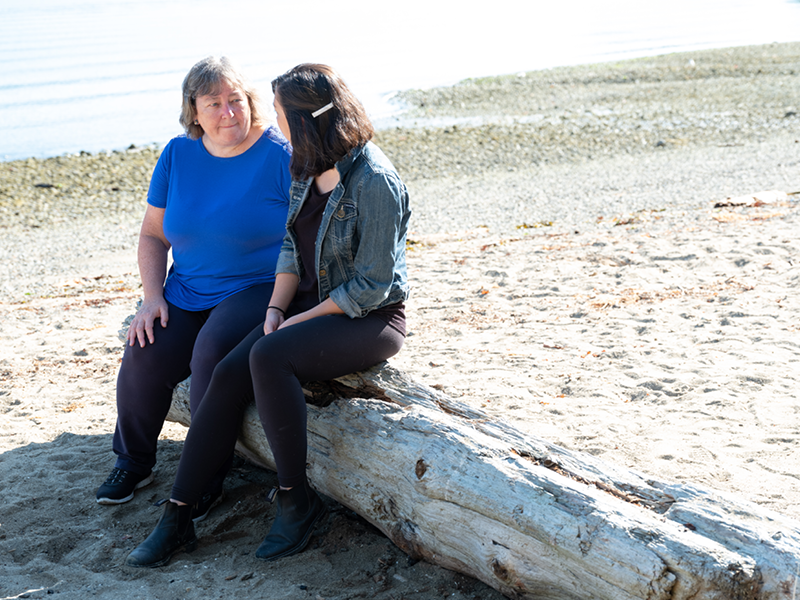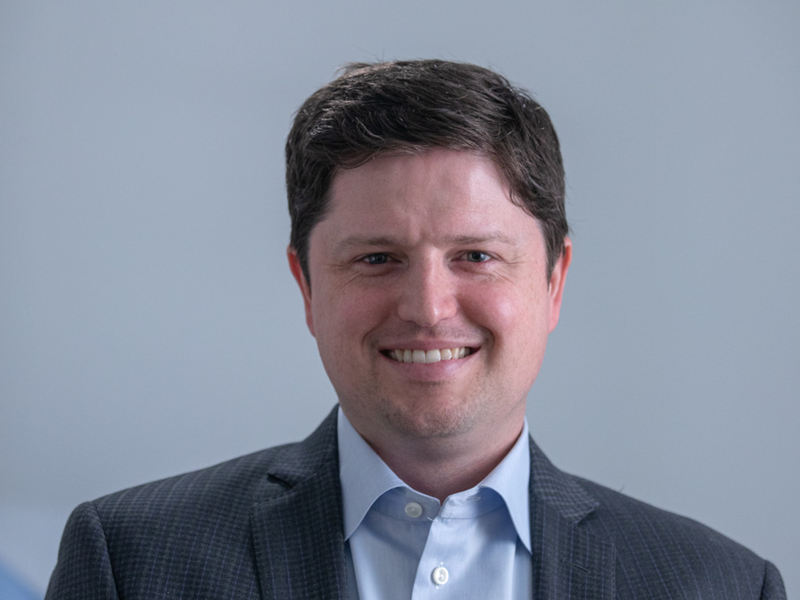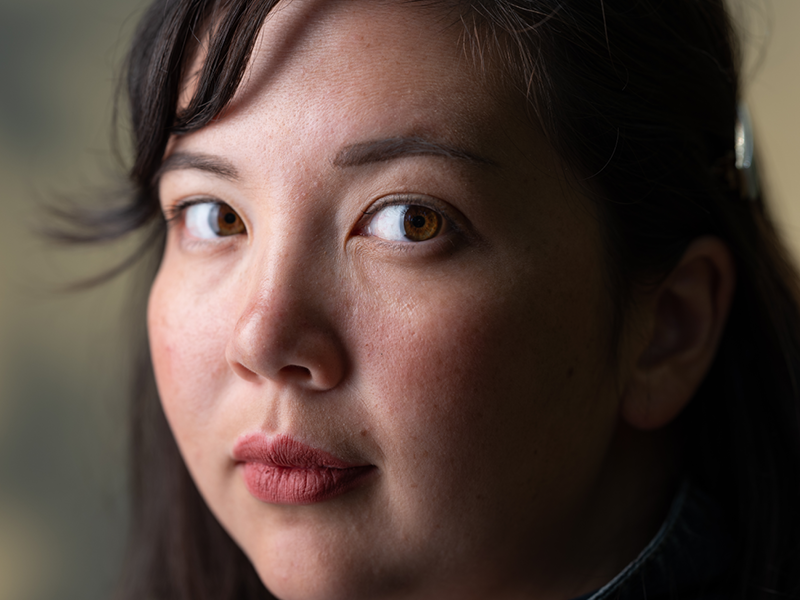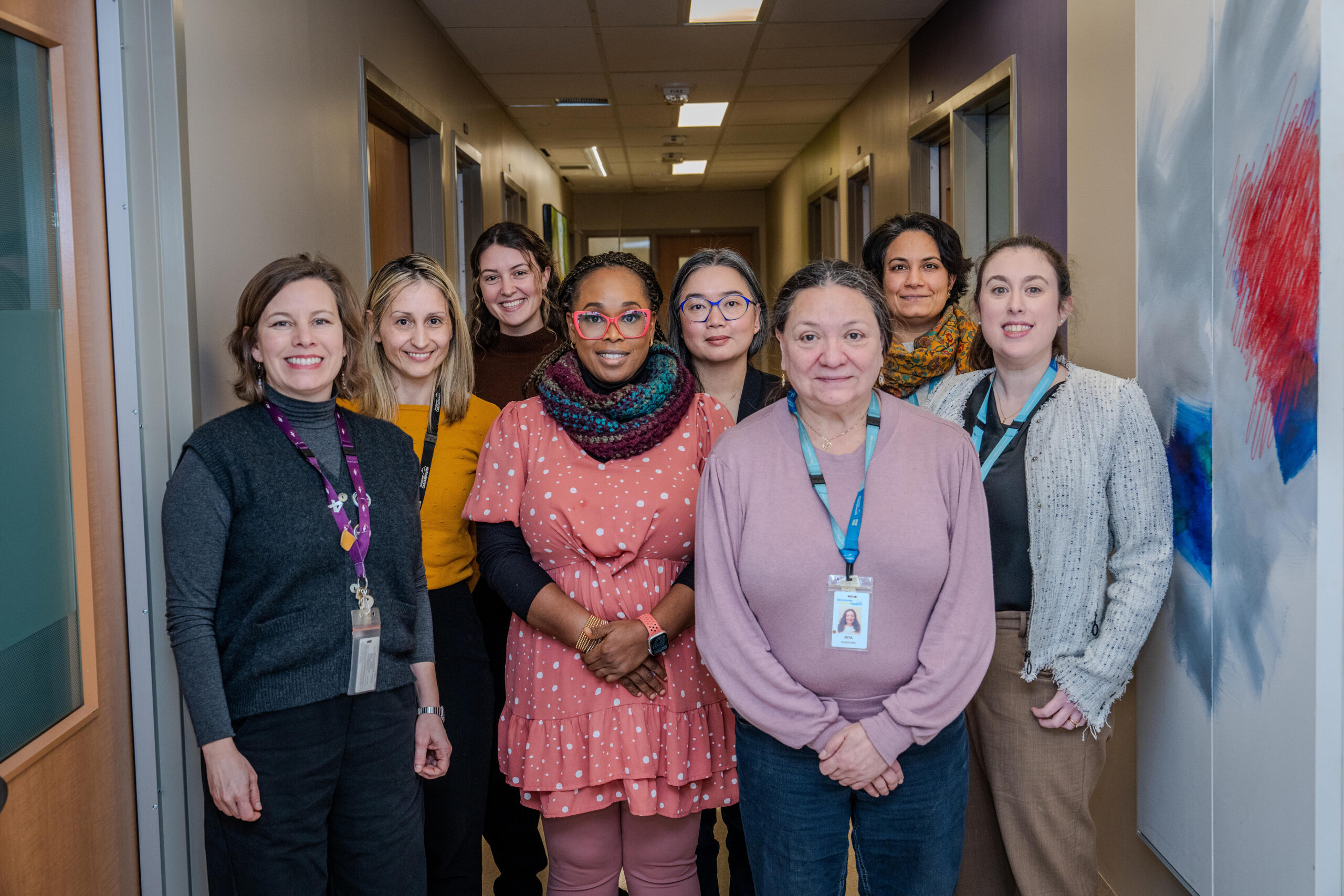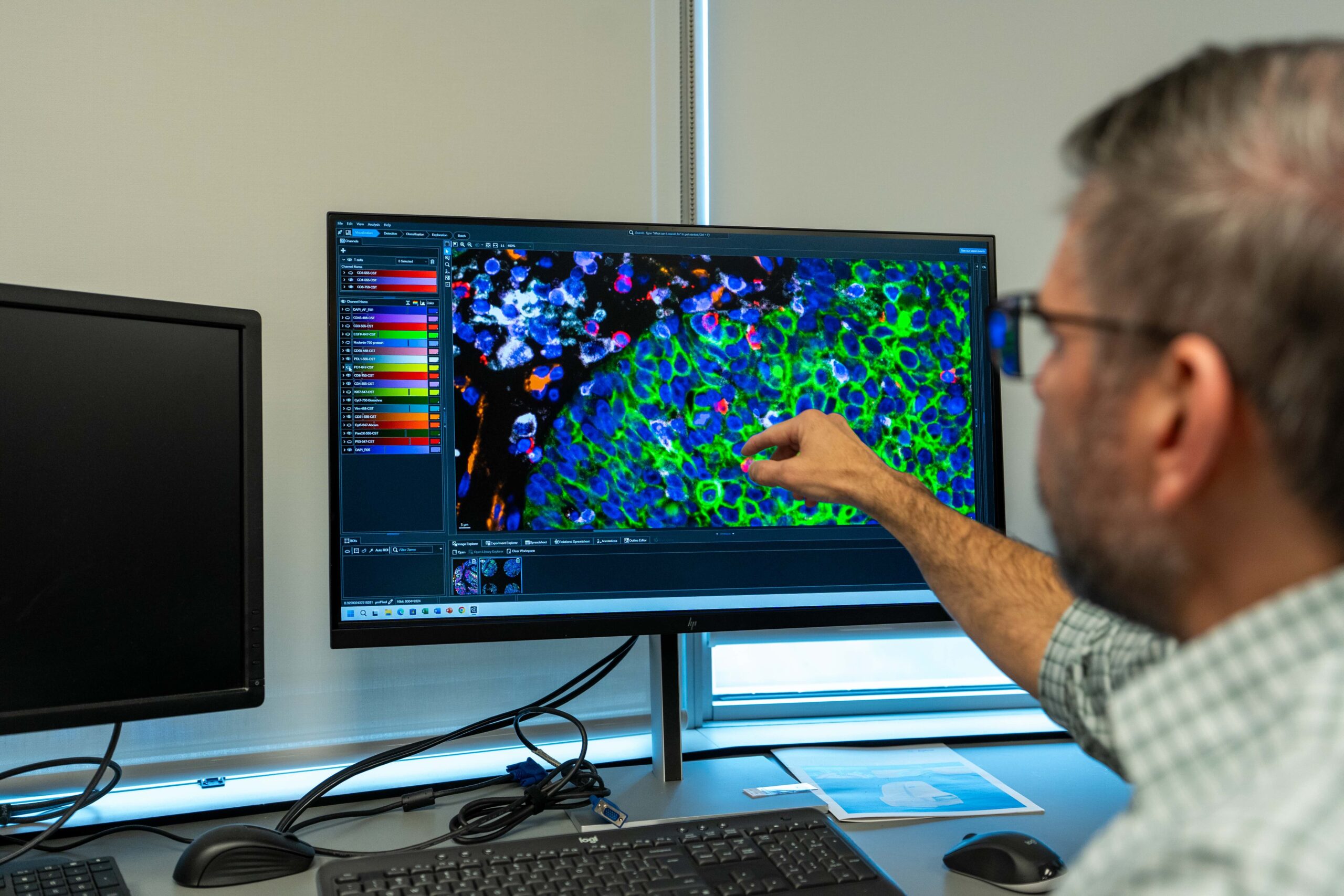Emily Chan
For weeks I couldn’t sleep. I would lay in bed, close my eyes and will my brain to shut off.
It didn’t work.
I would pace up and down the stairs trying to tire myself out.
That didn’t work. Nothing did.
My parents thought it was stress-related. I had just moved back to Vancouver, started a new job, and was crammed into an apartment with my brother, his partner and their new baby.
Then I had my first seizure.
Paramedics brought me to another hospital at first but they couldn’t find anything wrong with me. The doctors sent me home. And then things got worse and worse.
I was anxious and paranoid. My emotions felt out of my control as they varied wildly between extremes. Eventually I started hallucinating.
I lost myself.
Sally, Mom
I can’t describe the feeling of watching your child’s entire personality melt away. Emily was a kind, patient and intelligent young woman. And she was turning into someone else entirely.
Doctors initially told us it was psychological so I took Emily to a psychologist. But nothing was helping. If things didn’t improve, Emily faced admission to an inpatient psychiatric unit.
So I did what any parent would do for their child — I fought. I didn’t believe it was only psychological. A lumbar puncture revealed a diagnosis of Anti-NMDA receptor encephalitis (ANMDARE).
This diagnosis changed our lives.
Dr. Robert Carruthers
ANMDARE is an extremely rare autoimmune disease. Emily’s immune system was essentially attacking her brain.
Instead of admitting her into a psychiatric unit, losing precious time as her brain continued to break down, Emily was transferred to VGH. She was admitted to the neurological stepdown unit and began treatment immediately.
We gave Emily steroids and plasma exchanges for nearly two months until her brain was recovered enough to transition to an antibody called Rituximab. These treatments required Emily to remain at VGH.
Despite being on the road to recovery, Emily still had a myriad of personality and behavioural changes to work through. VGH is staffed by specialist nurses who are trained in complex patient cases, like Emily’s, which require both physical and psychological support.
Sally
To remind Emily who she was, my husband and I decorated her hospital room with old photos. And we wrote her notes; things like, We love you and We’re thinking of you always, Emily — just in case she woke up by herself.
We also wanted the team of people caring for her to get a sense of the real Emily while she was recovering and re-finding herself. Emily — the amazing, intelligent, capable human being. A beautiful person.
We are so grateful to Dr. Carruthers and the team who ensured that Emily received the right treatment, and provided the care she needed. If we hadn’t come to VGH, I don’t know what would have happened. Our little girl could have died.
Emily
I don’t remember a lot of my time at VGH, but I do remember that I was almost never alone. And the nurses were incredible. They were always there for me. Some nights they’d run laps up and down the stairs with me, just so I could burn off energy and try to sleep.
Slowly, I began to feel like myself again.
Dr. Carruthers
After two months of treatment Emily’s symptoms were brought under control. She was sleeping more, and her anxiety and paranoia were gone.
Over time, Emily returned to her regular life. One day, I saw her walking down Main Street, laughing and smiling. It hit me then. That we saved this person and gave her a whole life to lead, and that was incredible to see.
Since then, I’ve given lectures to residents, teaching more physicians to recognize and treat this rare disease. I hope that the next family doesn’t have to go through the same long process to diagnosis that Emily and her family did.
Dr. Carruthers was originally brought to Vancouver with the use of philanthropic funding to support career development and provide him with dedicated research time. It’s all part of our commitment to bring the best medical talent to BC.
When something goes wrong with your brain, it shatters your sense of being, and ripples out to friends and family.
Accurate diagnosis is the first step towards treatment and recovery. When you don’t know what’s wrong — with yourself or a loved one — every minute of uncertainty feels endless.
Together VGH and UBC Hospital are the only places in BC with the expertise to diagnose and properly care for patients with some of the most complex brain disorders and diseases.
It’s about time. Every moment counts when patients like Emily are facing an undiagnosed brain condition. We are investing in expert teams to provide timely, accurate diagnosis and access to the most effective treatments.
And we need your help. Together we can equip these experts with the tools and technology they need to provide the best possible care for patients across BC.
Capital projects like VGH’s first 3T MRI machine and a second Hybrid OR will improve imaging and surgical capabilities at VGH, and ultimately provide more timely diagnosis and effective treatment options.
Support more accurate and timely diagnosis. Support Brain Breakthroughs.
Share this:
